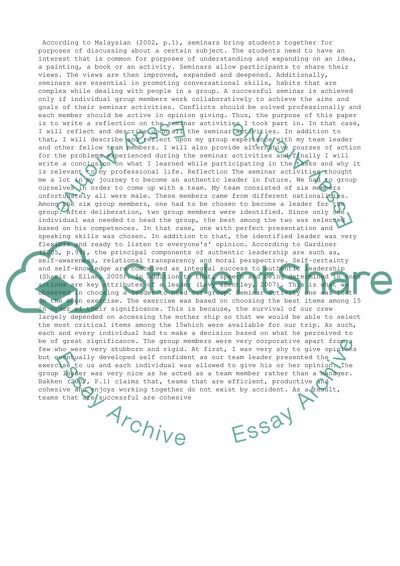Cite this document
(“Effective Team and Performance Management - (my reference: ysf) Essay”, n.d.)
Retrieved from https://studentshare.org/management/1397943-effective-team-and-performance-management-my
Retrieved from https://studentshare.org/management/1397943-effective-team-and-performance-management-my
(Effective Team and Performance Management - (my Reference: Ysf) Essay)
https://studentshare.org/management/1397943-effective-team-and-performance-management-my.
https://studentshare.org/management/1397943-effective-team-and-performance-management-my.
“Effective Team and Performance Management - (my Reference: Ysf) Essay”, n.d. https://studentshare.org/management/1397943-effective-team-and-performance-management-my.


